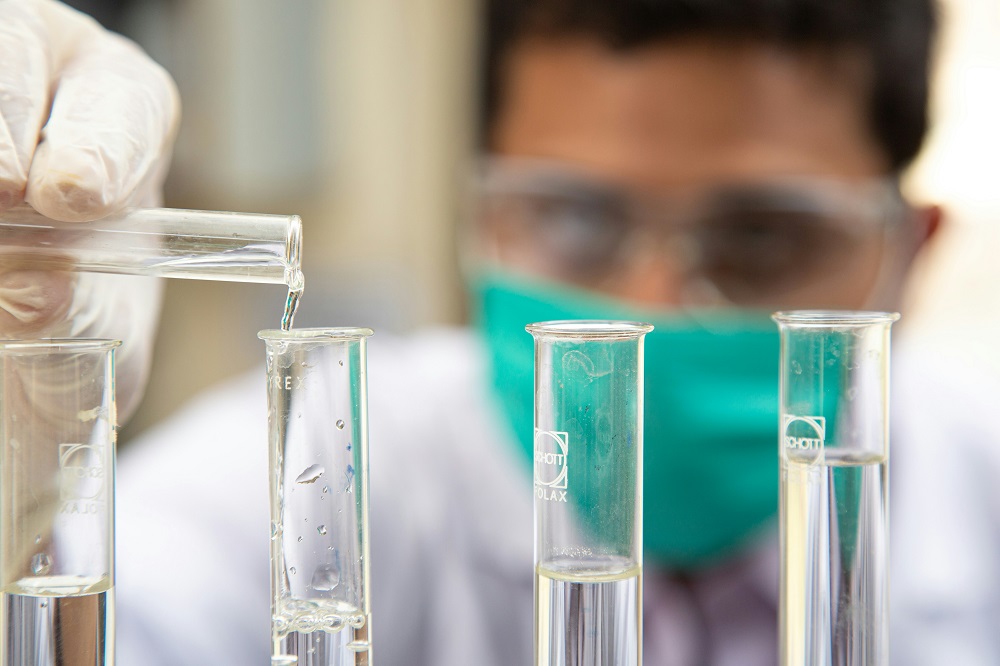Students of rural and under-resourced communities in the state of Maine will have a chance to take a closer look at life sciences thanks to a new state-of-the-art mobile science lab created by Educate Maine, a Portland-based, nonprofit education advocacy organization.
The mobile BIOLAB came as a result of an increased interest for more STEM experiences, both by educators and students in Maine, and it follows Educate Maine’s mission to provide access to high-quality educational opportunities to every Maine resident.
“We were hearing from teachers, particularly those in rural areas, that they would love to increase the STEM learning at their schools but lacked the equipment or resources. At the same time, we knew that Maine’s future economy was going to need thousands of workers in the life sciences and STEM fields,” Kate Howell of Educate Maine told Bio.News in an interview.
Watch more about the BIOLAB from News Center Maine.
Equal opportunities and future careers in STEM
Currently, the mobile lab is focused on middle school students, more specifically grades five through eight, and aims to engage them in life sciences and hopefully inspire them, sparking interest in studying and working in science and biotech.
The Bioscience Association of Maine (BioME) said that careers in STEM have marked a significant growth in the past five years (42%) offering high-paying positions.
“There are 9,000 life sciences roles in the state today, and that number is growing,” Howell added.
Educate Maine’s concept is quite unique; students don’t have to take a field trip for a science experience. Instead, the experiments come straight to their school parking lot.
“The BIOLAB meets students where they are—quite literally—with equipment, lessons, and educators who will work with classroom teachers to provide custom lessons aligned with their day-to-day learning,” Howell shared.
The BIOLAB science mobile, which was unveiled in early March this year, is a 50-foot-long RV, equipped with brand new, state-of-the-art instruments and supplies, lab benches, and can accommodate up to 24 students at a time.
Closing gaps and building bioscience bridges
According to Howell, the idea of the mobile science laboratory is to close the equity gap between resourced and under-resourced schools.
The initiative offers different curricula that has been co-developed with input from Maine bioscience employers and industry stakeholders and includes bioscience, chemistry, data set modeling, engineering, neuroscience, water quality, genomics, and more.
To measure the effectiveness and success of the BIOLAB, Educate Maine has teamed up with an evaluation partner that will gather data through surveys in order to gain knowledge about the skills and interests of the students, as well as their feedback about the experience.
“So far, we’ve seen communities rally around the BIOLAB! Everyone sees it as a terrific bonus for their schools and students,” Howell told Bio.News, adding that the mobile BIOLAB is looking to boost awareness about life sciences- and STEM-related education and how it contributes to the future economy of Maine.
“We are currently working with industry and higher education partners to develop and expand lessons relevant to careers here in Maine. There are many more ways that the lab and its equipment can be utilized from professional development to community outreach. We want to be responsive to the needs of our communities, students, and teachers and are looking forward to diving deeper into the survey responses so we can expand where it is needed and wanted most,” Howell concluded.




